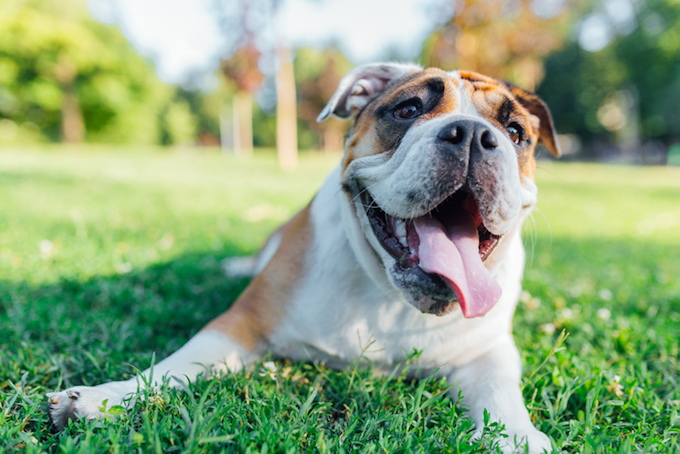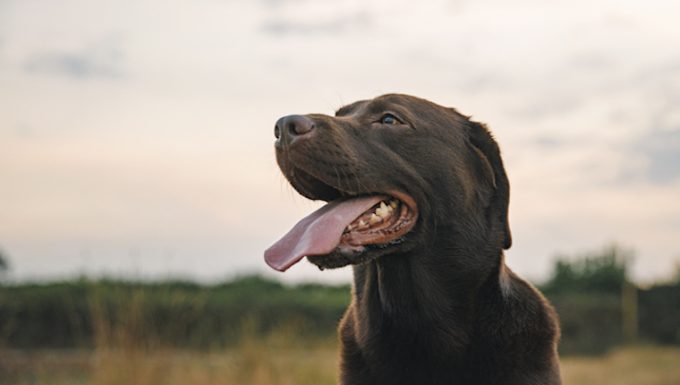Pulmonary contusion in dogs happens when a lung becomes torn and damaged. The condition is usually caused by a trauma, such as being hit by a vehicle.
The condition can cause problems with breathing.
Technically, the condition is also known as hemorrhage of the lung.
If you see the signs of pulmonary contusion in your dog, then get to a veterinarian for a proper diagnosis and treatment.
Here’s what you should know about the symptoms, causes, and treatments for the condition.
Symptoms of Pulmonary Contusion in Dogs
The condition produces a range of symptoms. For example, some of the most common symptoms include:
Causes of Pulmonary Contusion in Dogs

The cause of the condition is usually a trauma. For instance, some of the common ways this can happen include:
- Being hit by a moving vehicle
- Falling
- Being attacked by another animal
- Being physically abused by a human
Treatments for Pulmonary Contusion in Dogs
Firstly, your vet will ask about your dog’s symptoms. Secondly, your vet will ask about any circumstances where your dog could have suffered a trauma.
Thirdly, a full physical examination will be carried out. Blood and urine tests will be taken. Additionally, a clotting test will assess how your dog’s blood clots.
Finally, X-rays can be used to examine the area around the lungs.
Generally, treatment will require your dog to spend some time in hospital. This is to stabilize their breathing. Additionally, intravenous methods can be used to supply nutritional support to your dog.
Finally, medication is often prescribed to help the recovery process. As always, if your vet prescribes your dog any medicine, make sure to stick to the correct dose and frequency instructions. Also, complete the full course of medicine.
While recovering at home it is important to provide your dog with a quiet and calm environment. Also, keep up regular visits with your vet to monitor your dog’s recovery.
Have you ever cared for a dog who suffered from this condition? How did your vet help your dog recover? Let us know in the comments section below.









